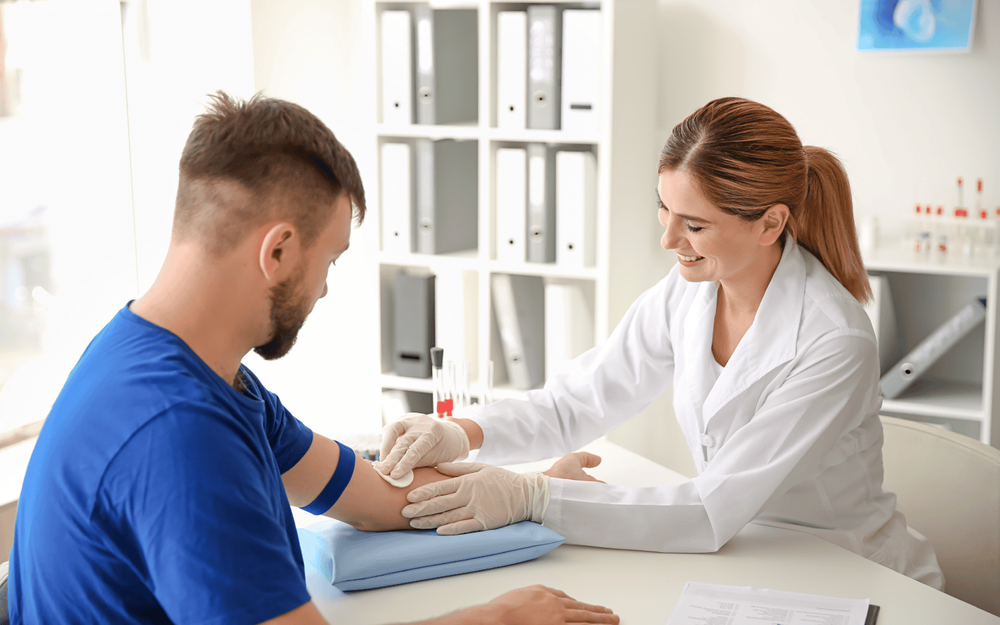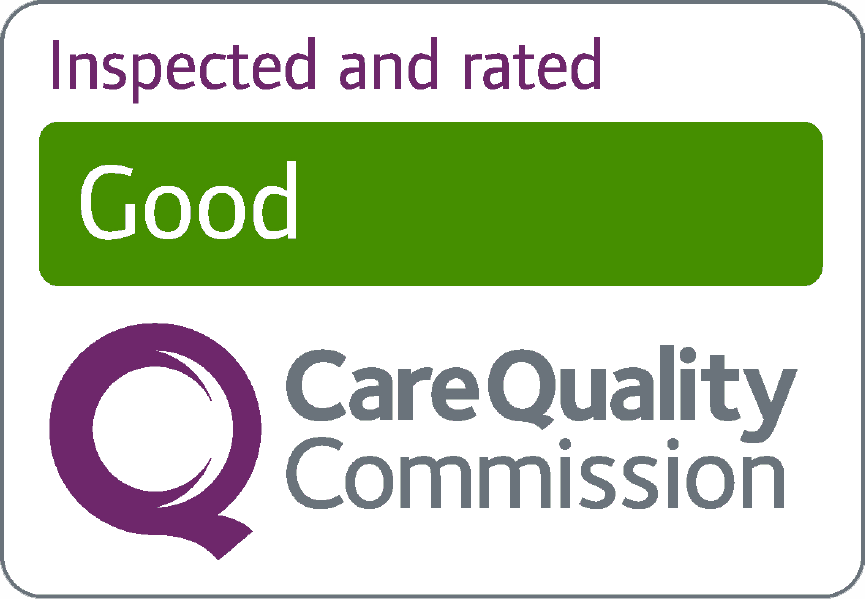
Testosterone Replacement Therapy: Is it Right for You?
Testosterone plays a vital role in many aspects of male health, from energy levels and muscle mass to mood and libido. While it’s natural for testosterone levels to decline gradually with age, for some men the drop is more significant and can lead to noticeable symptoms.
Testosterone Replacement Therapy (TRT) is sometimes recommended as a way to manage low testosterone, also known as “low T.” But it isn’t the right solution for everyone. In this article, we explore how testosterone affects the body, how to recognise symptoms of low or high testosterone and when it might be time to consider treatment.
Understanding testosterone and its role in the body
Testosterone is a key hormone that supports many of the processes that keep you feeling energetic, strong and mentally focused. While it’s often thought of as the hormone that fuels libido and muscle growth, its role in the body is much broader.
Produced mainly in the testes, testosterone influences both physical and emotional health. It helps regulate:
-
Muscle mass and strength – Testosterone supports muscle development and maintenance, contributing to overall physical performance and endurance.
-
Fat distribution and metabolism – It helps determine how your body stores fat and uses energy, influencing body composition over time.
-
Bone density – Adequate levels are essential for maintaining strong bones and reducing the risk of fractures as you age.
-
Red blood cell production – Testosterone plays a part in stimulating red blood cell creation, which is vital for oxygen delivery and stamina.
-
Mood and mental wellbeing – It can affect confidence, concentration and motivation, with low levels sometimes linked to irritability or low mood.
-
Sex drive and function – Testosterone is closely tied to libido and sexual performance, and a drop in levels may lead to reduced desire or erectile issues.
Naturally, testosterone levels begin to decline with age, typically by about 1% per year after the age of 30 or 40. For some, this is a gradual shift with few symptoms. But others may experience more pronounced effects that interfere with daily life. This is where testosterone replacement therapy (TRT) might be considered as a way to restore balance, though it’s not suitable for everyone.
Signs of low testosterone
Low testosterone can affect men in a number of different ways, and symptoms may develop slowly over time. Some of the most common signs include:
-
Persistent fatigue or reduced energy levels
-
Loss of muscle mass or increased body fat
-
Low mood, irritability or reduced motivation
-
Difficulty concentrating or ‘brain fog’
-
Decreased libido or sexual performance issues
-
Reduced bone density or frequent injuries
-
Sleep disturbances, including insomnia or night sweats
If you're experiencing a combination of these symptoms, especially if they’ve persisted for several months, it may be worth checking your testosterone levels through a simple testosterone blood test. It’s also important to consider other health factors that might be contributing to your symptoms, such as stress, poor sleep, or thyroid imbalances.
Could it be high testosterone?
While low testosterone tends to get more attention, it's also possible for levels to become elevated, either naturally or as a result of supplementation. Some of the signs of high testosterone can include symptoms such as acne, mood swings, aggression or even an increased risk of heart problems.
What is testosterone replacement therapy (TRT)?
Testosterone replacement therapy (TRT) involves supplementing the body with synthetic or bioidentical testosterone to bring hormone levels back into a healthy range.
It can be delivered in several forms, including:
-
Topical gels or creams applied daily to the skin
-
Injections (either short- or long-acting) administered regularly
-
Patches that release testosterone steadily through the skin
-
Implants or pellets inserted under the skin every few months
The goal of TRT is to relieve the symptoms of low testosterone and improve quality of life. Some men report increased energy, better mood, improved libido and more consistent concentration following treatment.
However, TRT is not a one-size-fits-all solution, and there are important risks and considerations to keep in mind.
Risks and side effects of TRT
Testosterone therapy is generally safe when prescribed and monitored by a healthcare professional, but it’s not without potential side effects. These may include:
-
Acne or oily skin
-
Fluid retention
-
Increased red blood cell count (which can raise the risk of blood clots)
-
Breast enlargement or tenderness
-
Changes in cholesterol levels
-
Suppression of natural testosterone production and sperm count
TRT is not recommended for everyone. It’s usually avoided in individuals with certain types of cancer (such as prostate or breast cancer), untreated sleep apnoea or uncontrolled heart conditions. Regular blood tests are required during treatment to ensure testosterone levels stay within a safe range and to monitor for side effects.
Is TRT right for you?
Before considering TRT, it’s important to have a clear diagnosis of low testosterone based on both symptoms and blood test results. Your doctor will likely assess:
-
The severity and duration of your symptoms
-
Your total and free testosterone levels (ideally measured in the morning)
-
Your general health and any existing medical conditions
-
Whether other factors (like stress, poor diet or medications) could be affecting your hormone levels
In some cases, lifestyle changes, such as improving sleep, reducing alcohol intake, increasing physical activity or managing stress, can help boost testosterone levels naturally. These steps are often recommended before starting TRT or alongside treatment for the best results.
Check your testosterone levels with a private health check
If you're experiencing symptoms of low testosterone or simply want to understand more about your hormone health, a private blood test can provide clarity.
At Bluecrest Wellness, our Hormone Profiles are designed to give you detailed insights into your testosterone levels and other important biomarkers. The results come with a clear report and 12 months of access to a 24/7 GP helpline - helping you make informed choices about your health.
Appointments are available at convenient locations across the UK, with no need for a GP referral.













